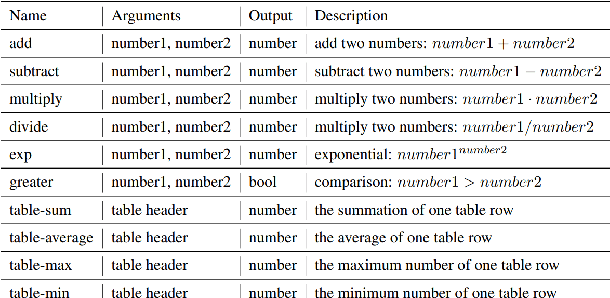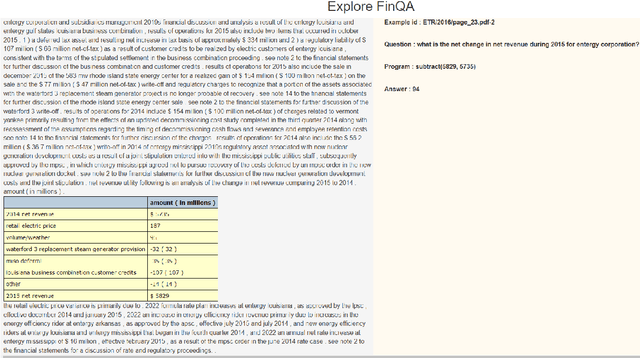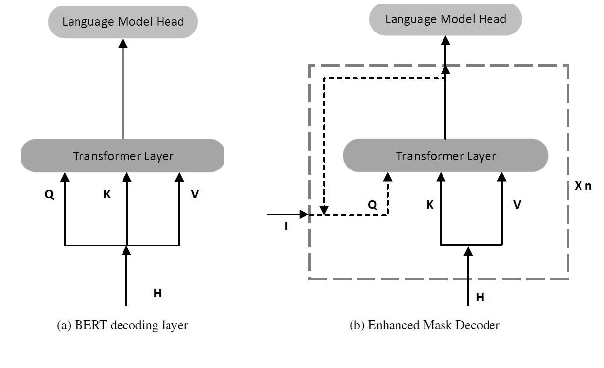Yanbo J. Wang
Hybrid Quantum-Classical Neural Networks for Few-Shot Credit Risk Assessment
Sep 17, 2025Abstract:Quantum Machine Learning (QML) offers a new paradigm for addressing complex financial problems intractable for classical methods. This work specifically tackles the challenge of few-shot credit risk assessment, a critical issue in inclusive finance where data scarcity and imbalance limit the effectiveness of conventional models. To address this, we design and implement a novel hybrid quantum-classical workflow. The methodology first employs an ensemble of classical machine learning models (Logistic Regression, Random Forest, XGBoost) for intelligent feature engineering and dimensionality reduction. Subsequently, a Quantum Neural Network (QNN), trained via the parameter-shift rule, serves as the core classifier. This framework was evaluated through numerical simulations and deployed on the Quafu Quantum Cloud Platform's ScQ-P21 superconducting processor. On a real-world credit dataset of 279 samples, our QNN achieved a robust average AUC of 0.852 +/- 0.027 in simulations and yielded an impressive AUC of 0.88 in the hardware experiment. This performance surpasses a suite of classical benchmarks, with a particularly strong result on the recall metric. This study provides a pragmatic blueprint for applying quantum computing to data-constrained financial scenarios in the NISQ era and offers valuable empirical evidence supporting its potential in high-stakes applications like inclusive finance.
A Novel DeBERTa-based Model for Financial Question Answering Task
Jul 12, 2022


Abstract:As a rising star in the field of natural language processing, question answering systems (Q&A Systems) are widely used in all walks of life. Compared with other scenarios, the applicationin financial scenario has strong requirements in the traceability and interpretability of the Q&A systems. In addition, since the demand for artificial intelligence technology has gradually shifted from the initial computational intelligence to cognitive intelligence, this research mainly focuses on the financial numerical reasoning dataset - FinQA. In the shared task, the objective is to generate the reasoning program and the final answer according to the given financial report containing text and tables. We use the method based on DeBERTa pre-trained language model, with additional optimization methods including multi-model fusion, training set combination on this basis. We finally obtain an execution accuracy of 68.99 and a program accuracy of 64.53, ranking No. 4 in the 2022 FinQA Challenge.
 Add to Chrome
Add to Chrome Add to Firefox
Add to Firefox Add to Edge
Add to Edge